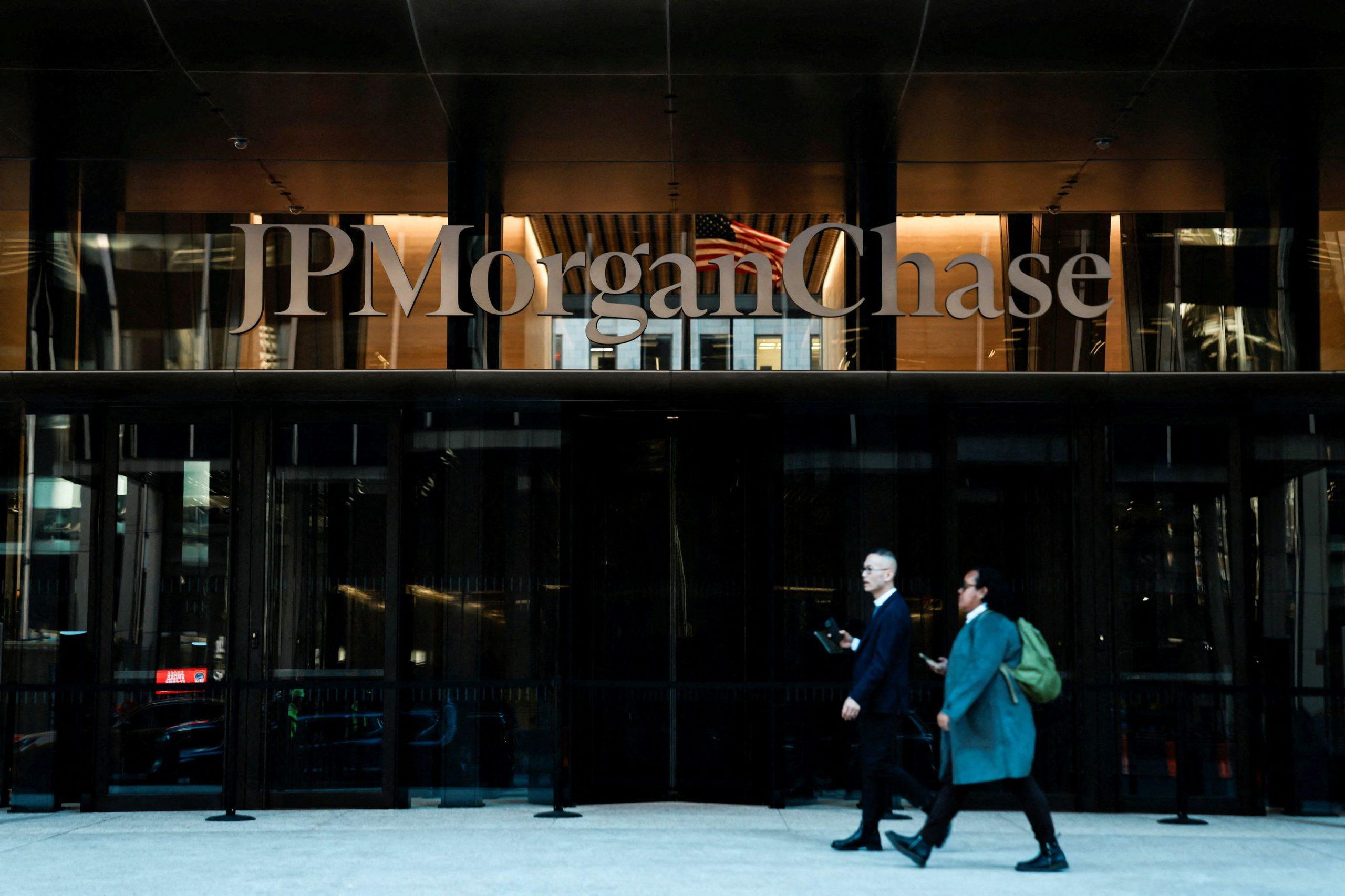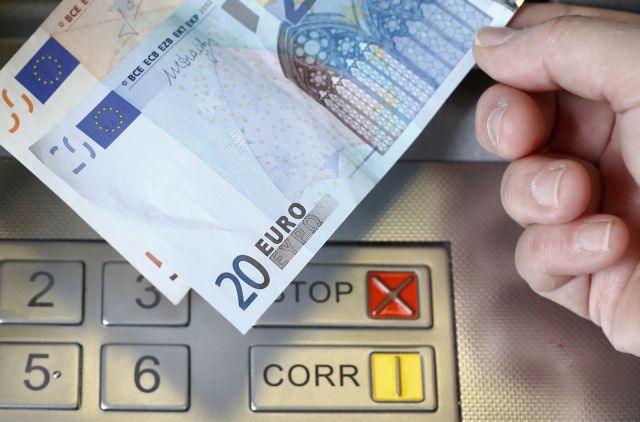There is continuing interest of investment funds, expressed to the Financial Stability Fund (HFSF), in investing in the domestic banking system , in view of the start of the process of its disinvestment from the systemic groups.
According to banking sources, this is a clear indication of funds’ willingness to take on Greek risk, as the country is heading towards investment grade and the financial sector, after its transformation, shows significant prospects for achieving high profitability.
As the same circles say, at the moment there are no other proposals for the acquisition of specific percentages in the majors of the sector, such as those of Saudi Arabia’s investment arm for 20% of National Bank and of Italy’s ION Investments for 27% of Piraeus Bank .
So far, communications are basically for information regarding the model that the HFSF will follow for the sale of its shares and for a first contact.
“The framework has not been finalized yet. So at this stage, nothing can go forward”, they say.
The divestment strategy
According to recently passed legislation, competitive processes should be followed and not direct sales to investors.
In particular, in the first phase, the drafting of the disinvestment strategy, which Rothschild is already preparing with the aim of being ready by the beginning of December.
Afterwards, the disposal consultant selected for each transaction will prepare a report on its terms and structure.
As part of the acceleration of the whole process, last week, at the initiative of the HFSF, representatives of Rothschild met for the first time with the managements of the four systemic groups, in order to express the positions of each side.
It is recalled that the Fund’s percentages amount to 40% in National Bank, 27% in Piraeus Bank, 9% in Alpha Bank and 1.4% in Eurobank. In the latter case, things are quite simple. HFSF’s share is low, while the group already has a strong shareholder.
On the other hand, the sale of his holdings in NBG, Piraeus and Alpha Bank will inevitably lead to a change in the shareholdings.
According to an experienced bank executive, domestic credit institutions have become attractive again, after the 19-year crisis.
With clean balance sheets after the wave of securitizations and sales of bad loans over the last three years, strong capital adequacy ratios, both with the issuance of new shares and bonds, as well as with their transformation moves and liquidity more than sufficient to finance the real economy, it is now able to achieve high and sustainable profitability.
At the same time, they are operating in a better macroeconomic environment compared to their competitors in the rest of Europe, while there is also the prospect of a return to investment grade for the Greek public from 2023, but also for high rates of growth and credit expansion in the next 5 years, with the support development programs, including the Recovery Fund.









































